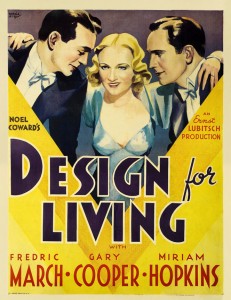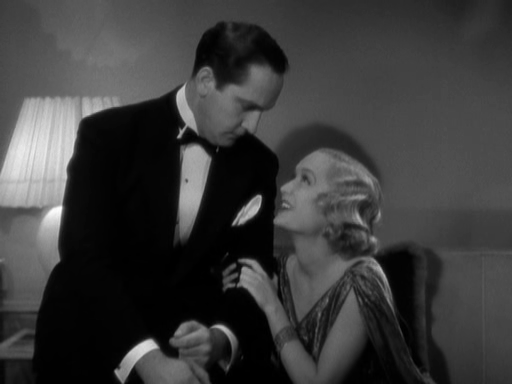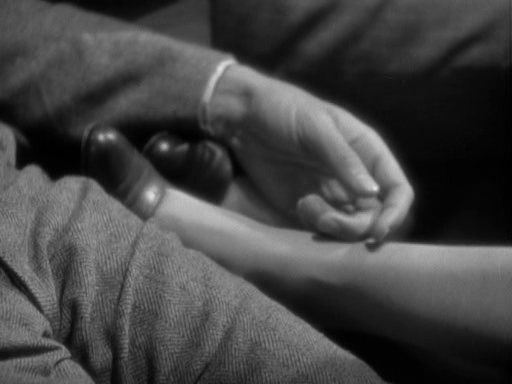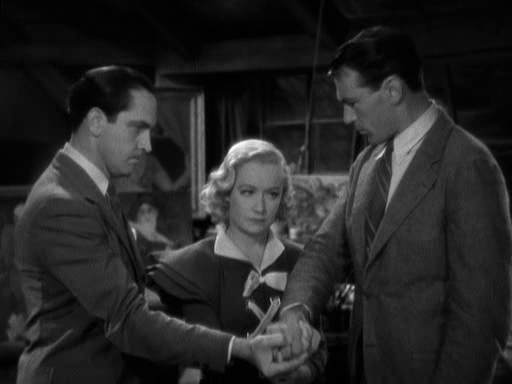“Delicacy is the banana peel underneath the feet of truth.”
|

Synopsis:
An advertising employee (Miriam Hopkins) becomes enamored with two friends — an aspiring painter (Gary Cooper) and playwright (Fredric March) — and moves in with them to become their platonic muse. When March goes to London to oversee his successful new play, Cooper and Hopkins begin an affair, bringing their friendship with March to an end; but when March comes to visit and Hopkins can’t resist intimacy with him, either, she eventually decides to save the men’s friendship by marrying her boring boss (Edward Everett Horton).
|
|
Genres, Themes, Actors, and Directors:
- Aspiring Stars
- Ernst Lubitsch Films
- Fredric March Films
- Gary Cooper Films
- Love Triangle
- Miriam Hopkins Films
- Play Adaptation
- Romantic Comedy
Response to Peary’s Review:
Peary writes that this “much acclaimed comedy” by Ernst Lubitsch — liberally adapted by Ben Hecht from Noel Coward’s play — is “still risque”, given that we’re “not used to seeing a sexually available free spirit like Hopkins’s Gilda (who in some ways anticipated Jeanne Moreau’s Catherine in Jules and Jim).” However, he accurately asserts that other than Hopkins’ “delicious, vibrant, witty performance”, the “film lacks energy” and simply plods along — which is especially surprising given the inherently provocative nature of the storyline and some clever turns-of-phrase:
“It’s true we had a gentleman’s agreement, but unfortunately, I am no gentleman.”
“I’m sick of being a trademark married to a slogan.”
This one’s worth a one-time look for its risque themes, but ultimately not an enduring classic.
Redeeming Qualities and Moments:
- Miriam Hopkins as Gilda

- Evidence of “Lubitsch’s touch”

- An enjoyably risque pre-Code sensibility

Must See?
No, though it’s recommended for its historical relevance.
Links:
|




One thought on “Design for Living (1933)”
Not must-see, but I can see where a certain audience may find it appealing – esp. given Lubitsch’s trademark light touch.
“Liberally adapted”, indeed! There’s a whole lot of Ben Hecht here and very little of Noel Coward. Not that I’m a huge fan of a lot of Coward’s work, but a play like ‘Design for Living’ is light and fluffy…and the film of it has the bluntness of a bull in a china shop. (A good deal of Hecht’s dialogue is forced and self-conscious.)
Given the script, it would be difficult for actors to rise above. Even though March and Cooper try to do reasonable jobs, it’s clear they’re fighting a bit of a battle. Hopkins (not at all a favorite of mine personally…until she calmed down late in her career and learned how to stop *ACTING*) is at least toned down somewhat, thanks to Lubitsch, I imagine. But I still find her lacking in real finesse.
The one performance I do like here is given by Edward Everett Horton, who manages his usual dependable style in spite of what’s surrounding him.